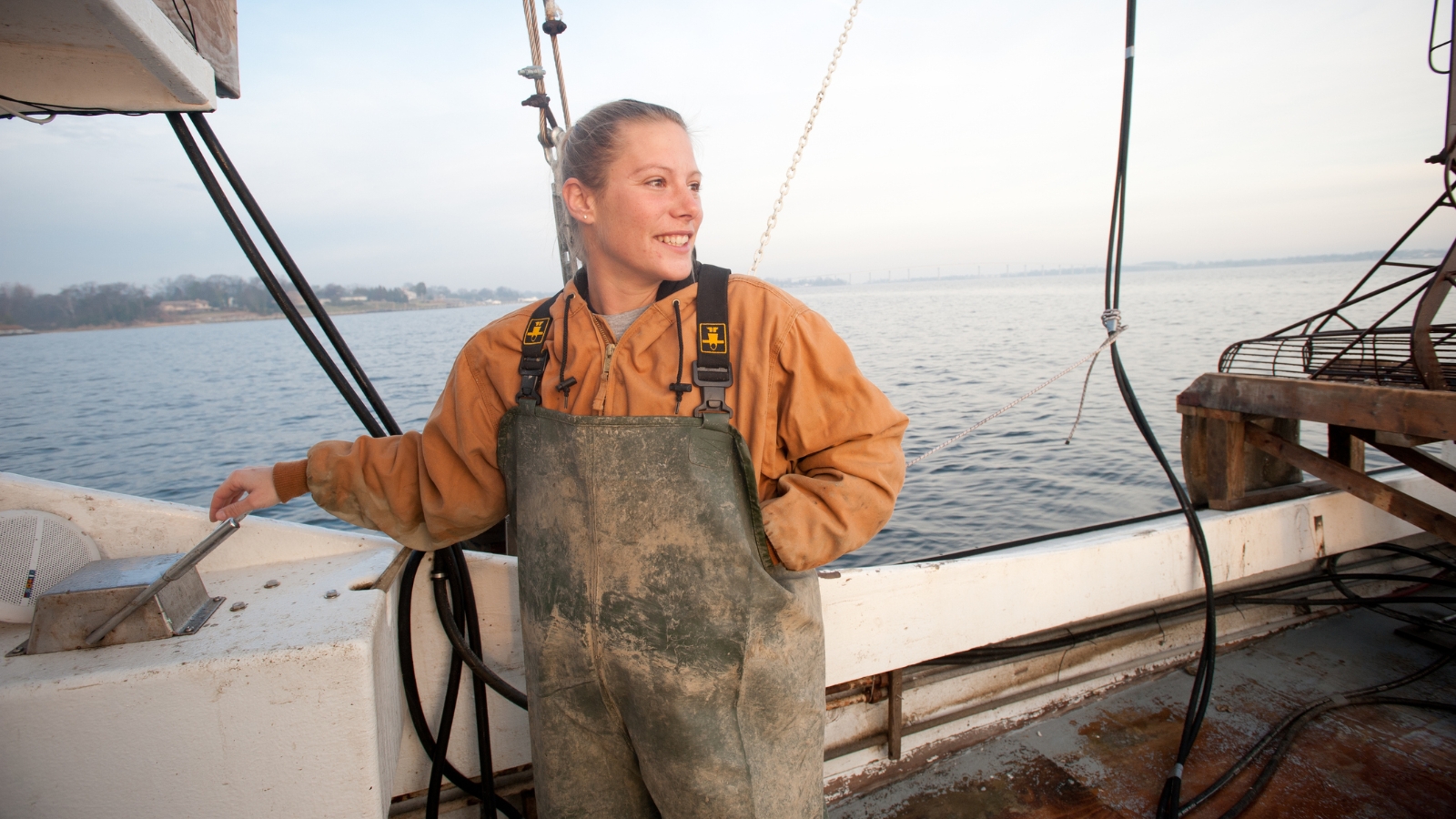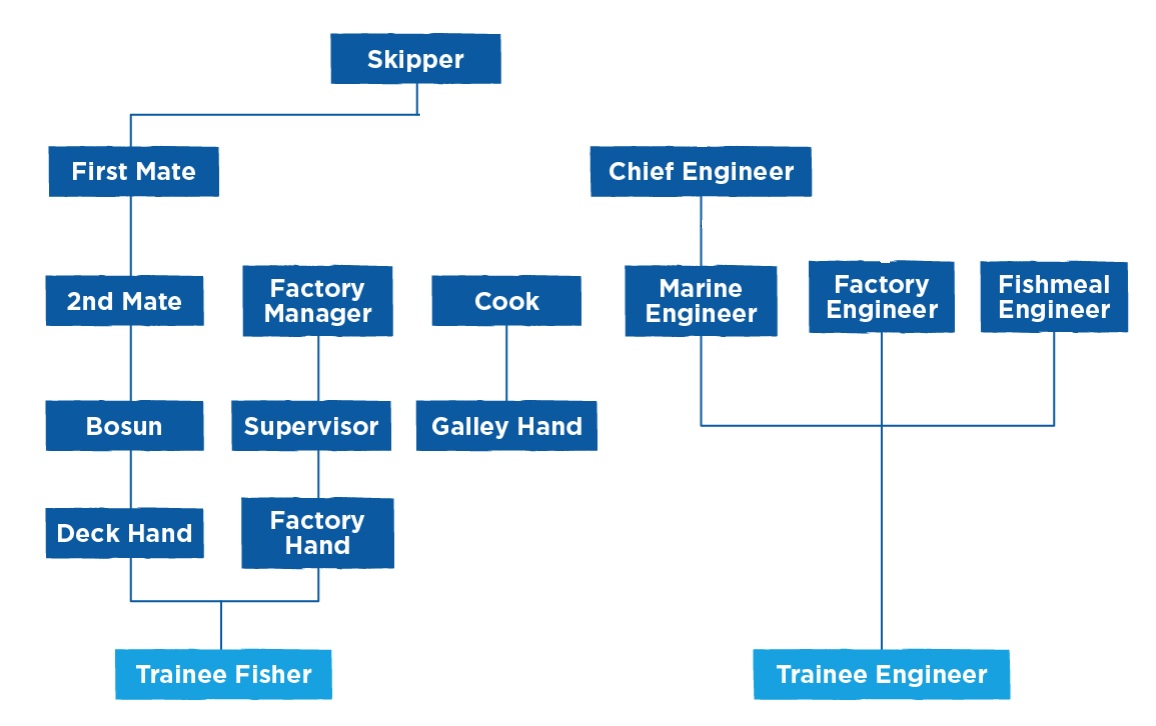Careers advice
How to get a fishing job in NZ
Lure those employers in and land ‘em
Last updated: 7 March 2025
Do you love being out there on the water catching fish? You could turn your passion into a career with a fishing job.
Working in the industry is challenging, but for many it can be the adventure of a lifetime, with lots of chances to progress (and great pay once you do). To help get you started we’ve put together a straight-forward guide to finding a fishing job and getting hired.
First of all, what is a career in fishing like?
Fishing jobs involve a lot of hard mahi and manual labour, and you may have to be away from family for up to six weeks at a time out on the water. But if you love the sea, enjoy adventure and don’t mind getting your hands dirty, you might find this career rewarding and interesting.
If you’re fishing offshore you’ll live on the boat for 2 to 6 weeks at a time in a shared cabin, with shared facilities. Days may be long – from 812 hours. This can be tough, but you’ll get paid well and your living costs will be zero while you’re onboard, then you’ll get plenty of time off once you’re ashore again. Some employers will pay their employees for the whole year, even if they only work in blocks of 2–6 weeks with 2-6 week breaks in between them.
If going away for long periods of time isn’t for you, you could also look at inshore fishing jobs, which typically involve shorter sailings.
Getting your first fishing job
Like every industry, with fishing you’ll need to start at the bottom and work your way up. Generally that means either becoming a deckhand without qualifications, or getting your first job while doing a fishing apprenticeship.
Option one: Apprenticeship
The New Zealand Apprenticeship in Commercial Fishing delivered by Primary ITO is a good place to start for anyone wanting to enter the fishing industry. With that said, before you complete any apprenticeship or qualification, it’s a good idea to talk to a potential employer to see what qualifications they prefer.
Here’s a list of training and education organisations you may be able to choose from, thanks to Maritime NZ.
This is a 19 month course, covering everything you need to know to be successful in a commercial fishing career. To complete this apprenticeship you’ll need to get hired by an employer who’s able to deliver appropriate training (which may be the tricky bit).
Fishing can be hard work but it can make for an adventurous lifestyle.
Option two: Get your first job right away
If you’re keen to get started and skip the study you may be able to get a job as a trainee fisher or deck hand right away, without any experience. You will need to work hard and learn as fast as possible.
Your employer may require you to complete an apprenticeship, but you may be able to progress right away.
Start looking for your first NZ fishing job
You can either contact companies directly to let them know you’re looking for employment, or jump on Trade Me Jobs and have a look. The four biggest fishing employers in NZ are:
The alternative, looking for jobs on Trade Me, is super easy. All you’ll need to do is visit Trade Me Jobs, select the category fishing and start browsing and applying.
Be sure to make a Profile to apply for jobs in just a few easy clicks. Better yet, ensure your profile is Gold Tier to get top job recommendations straight to your inbox and stand out to potential employers scanning Trade Me Jobs for top candidates.
Progressing in a fishing job
If you want to rise to the top in your fishing career, there’s a clear path for progression. Here’s an example of what that may look like, courtesy of Sealord:
Source - Sealord.com
Pay as you progress
Your pay in a fishing job can increase quickly – especially once you’re qualified. Here’s the average salary for each job, according to Seafood New Zealand:
Deckhand – $80,500
Qualified deckhand – $112,000
First mate – $137,600
Skipper – $230,300
Progressing may take many years, but it’s a great way to turn a job at sea into a highly rewarding, and highly lucrative career.
Author



